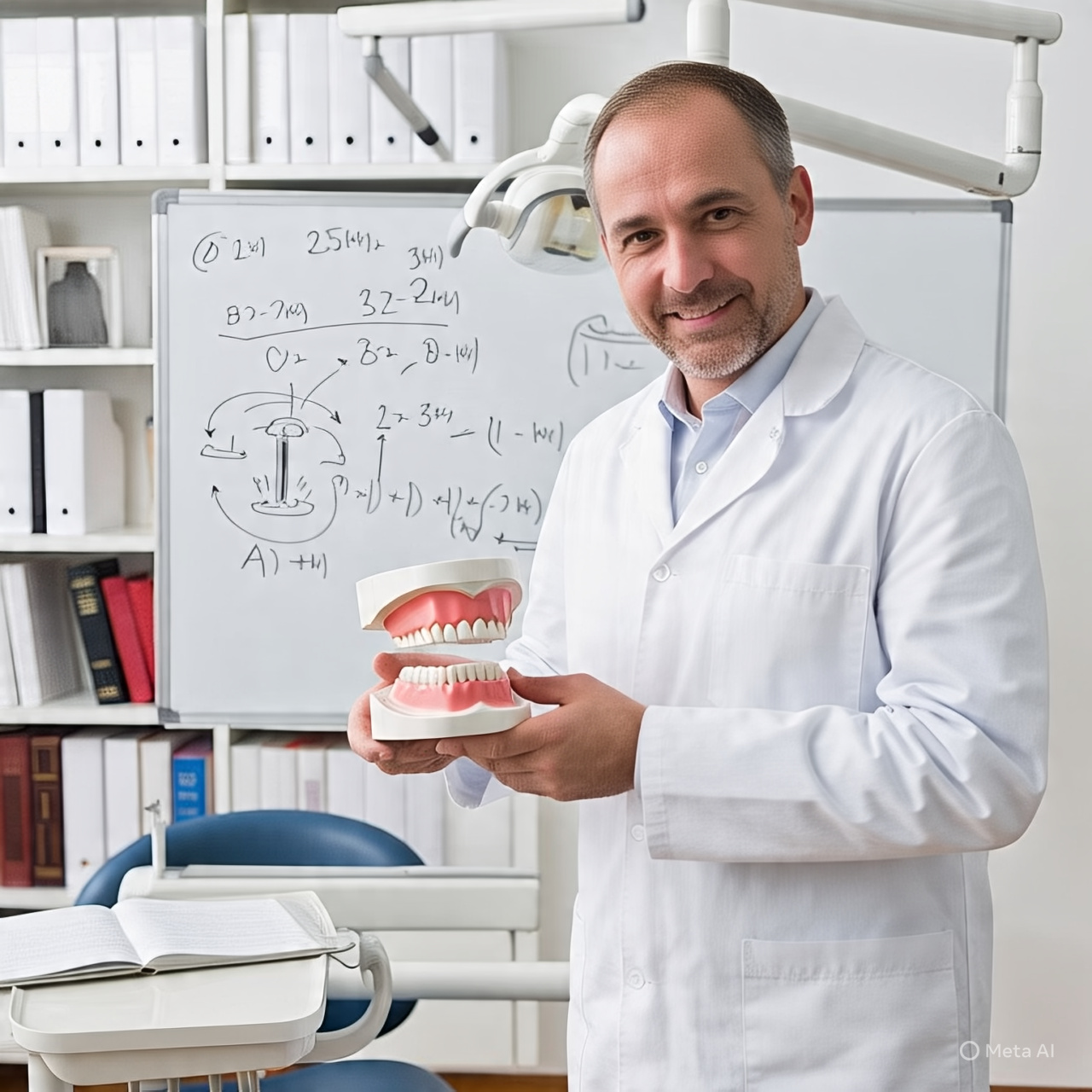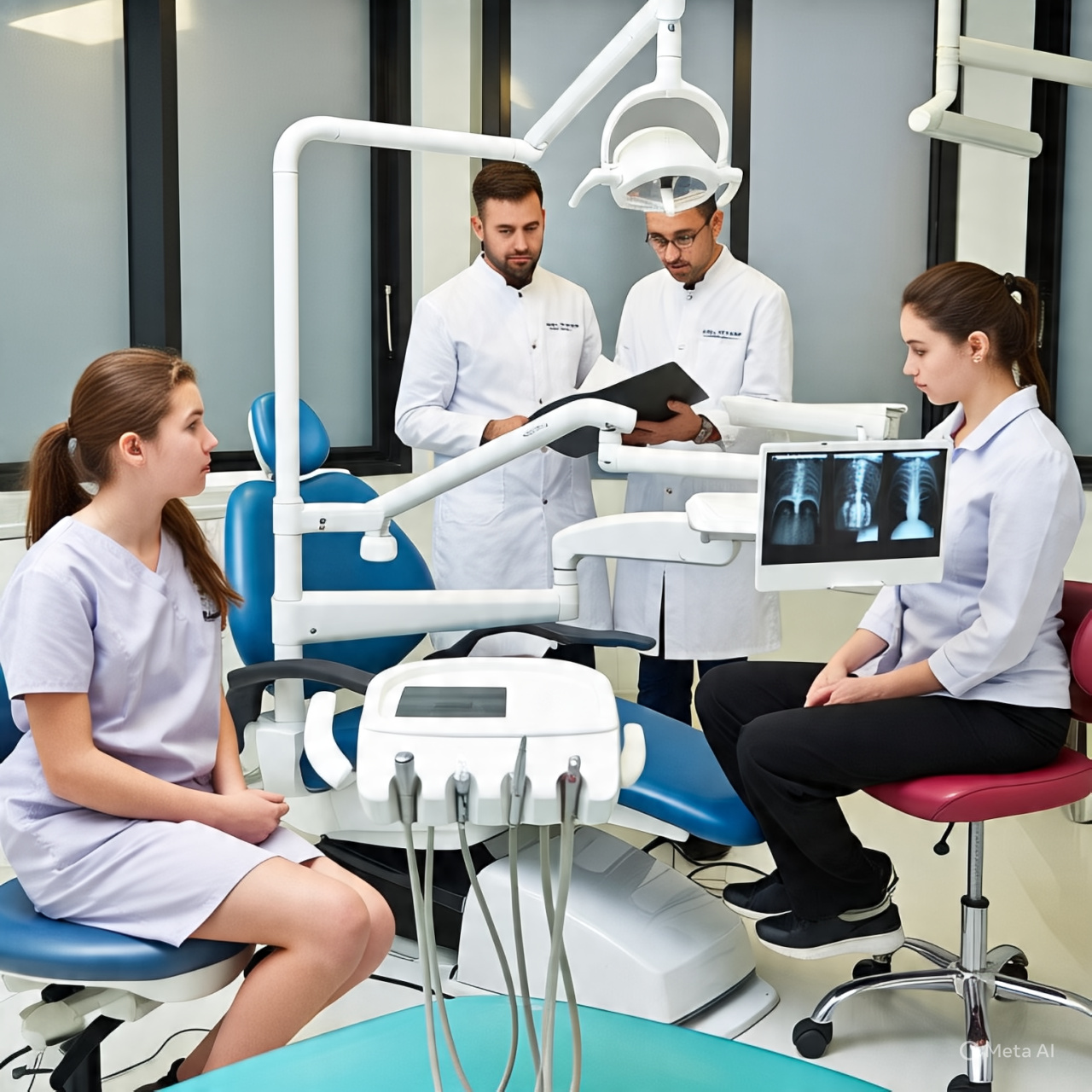Dental educators do far more than reading from texts. Dental studies/ education have gone so far with this. They are mentors, talented clinicians, and role models who influence the competence and professional values of future dentists. But what is it that makes a dental teacher exceptionally good? This in-depth analysis deconstructs the core attributes that determine dental education excellence. Whether you’re a student evaluating your teachers, a teacher wanting to better yourself, or an administrator setting standards for teaching, understanding these key characteristics provides insightful knowledge into what makes dental education work. This blogpost will demonstrate the key qualities of a dental teacher.
Clinical Expertise and Theoretical Knowledge
Superior dental instruction requires mastery of both academic principles and practical applications.
The Dual Foundation of Effective Teaching
- Scientific Rigor: Command of biomedical sciences underpinning dental practice
- Technical Potential: Extensive Hands-on experience with dental studies / procedures
- Evidence-Based Practice: Ability to integrate current research in teaching
Maintaining Professional Competence
- Regular participation in continuing education programs
- Active involvement in dental research and publications
- Clinical practice alongside teaching responsibilities
Dentists who continue to practice while teaching can provide actual examples that assist in bridging book learning to real-world application.

Dynamic Communication and Instructional Skills
The ability to convey complex dental concepts clearly distinguishes exceptional educators.
Dimensions of Effective Dental Communication
- Conceptual Clarity: Breaking down intricate procedures into logical steps
- Adaptive Instruction: Tailoring explanations to diverse learning styles
- Constructive Feedback: Providing specific, actionable performance assessments
Innovative Teaching Methodologies
- Case-based learning approaches
- Interactive digital presentations
- Peer-assisted learning techniques
Superior communicators create engaging learning environments where students actively participate rather than passively receive information.
Empathetic Mentorship and Student Development
The psychological aspects of dental studies/ education require sensitive, supportive guidance.
The Human Dimension of Dental Teaching
- Recognizing student anxiety in clinical settings
- Balancing high standards with emotional support
- Fostering resilience in challenging learning situations
Mentorship Strategies
- Establishing regular one-on-one advising sessions
- Creating safe spaces for skill practice
- Modeling professional behavior in patient interactions
Exceptional educators understand that developing clinical confidence is as important as teaching technical skills.
Passion for Education and Lifelong Learning
Genuine enthusiasm for teaching creates transformative educational experiences.
Manifestations of Teaching Passion
- Curating innovative course materials
- Investing time in student research supervision
- Maintaining excitement about emerging dental innovations
Inspiring Professional Growth
- Encouraging participation in dental organizations
- Facilitating attendance at professional conferences
- Modeling continuous skill enhancement
Educators who demonstrate authentic passion for their field inspire similar dedication in their students.
Technological Adaptability and Educational Innovation
Modern dental education demands fluency with evolving instructional technologies.
Contemporary Teaching Tools
- Virtual reality simulation platforms
- Digital case libraries
- Interactive diagnostic software
Implementing Technological Solutions
- Incorporating digital impression systems in demonstrations
- Utilizing 3D printing for prosthodontic education
- Implementing AI-assisted treatment planning exercises
Forward-thinking educators prepare students for technology-integrated dental practice.
Professional Integrity and Ethical Leadership
Dental educators serve as exemplars of professional conduct.
Core Professional Values
- Uncompromising commitment to patient-centered care
- Adherence to ethical treatment principles
- Modeling interprofessional collaboration
Developing Professional Identity
- Discussing ethical dilemmas in case seminars
- Demonstrating compassionate patient communication
- Emphasizing practice management principles
Through daily example, exceptional teachers instill the highest professional standards.
Cultural Competence in Modern Dental Education
Today’s dental classrooms serve increasingly diverse populations, making cultural awareness an essential teaching skill.
Why Cultural Sensitivity Matters
- Patients from different backgrounds have unique oral health beliefs and practices
- Language barriers can impact treatment understanding and compliance
- Cultural norms influence dental anxiety levels and communication styles
Developing Intercultural Teaching Skills
Exceptional dental educators actively cultivate:
1. Inclusive Communication Techniques
- Learning basic health terminology in students’ native languages
- Incorporating culturally-relevant case examples in lectures
- Training students to recognize nonverbal cultural cues
2. Diverse Clinical Preparation
- Addressing genetic variations in oral anatomy
- Teaching culturally-sensitive approaches to treatment planning
- Discussing religious considerations in dental care
3. Community Engagement
- Organizing rotations in multicultural clinics
- Inviting guest speakers from different dental traditions
- Encouraging service learning in underserved populations
The Impact on Future Practitioners
When dental teachers model cultural competence, they prepare graduates to:
- Build trust with diverse patient populations
- Deliver more effective personalized care
- Reduce healthcare disparities in their communities
This vital skill set transforms good dentists into exceptional healthcare providers who can serve all patients with equal understanding and respect.
Conclusion
The best dental teachers are more than just experts. They’re actually skilled educators that know how to balance knowledge, patience, and real-world experience. They know how to teach complex topics clearly, connect with students, and use modern tools effectively. Most importantly, they guide future dentists with both high standards and genuine care. Their impact lasts long after graduation, shaping how future dentists treat patients. For students, recognizing these qualities helps identify transformative mentors. Moreover, for practicing dentists, embodying these attributes when supervising new professionals perpetuates a cycle of educational excellence.
The future of dentistry depends on today’s dental educators. Referring to those extraordinary professionals who don’t just teach dentistry, but who inspire exceptional dental practice.
Read More: What Science Says About the Link Between Oral Health and Heart Disease


